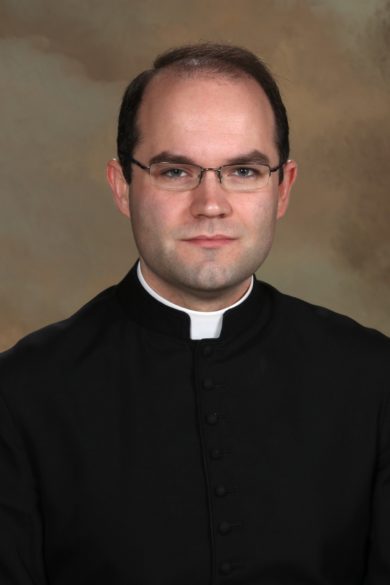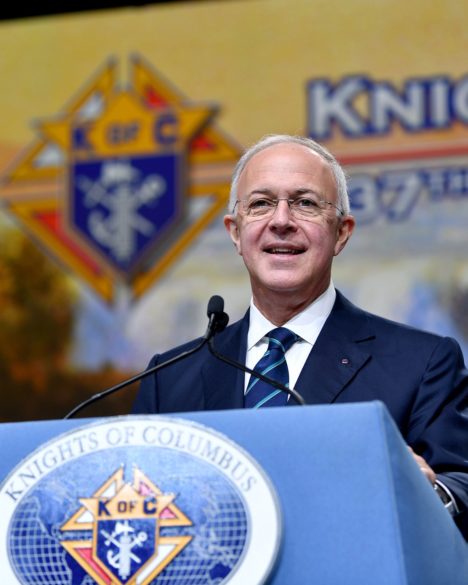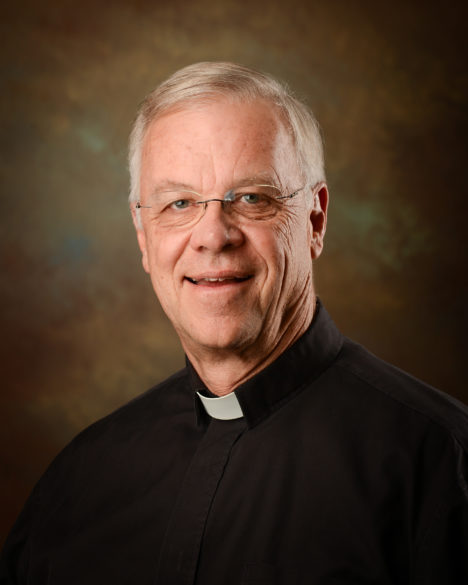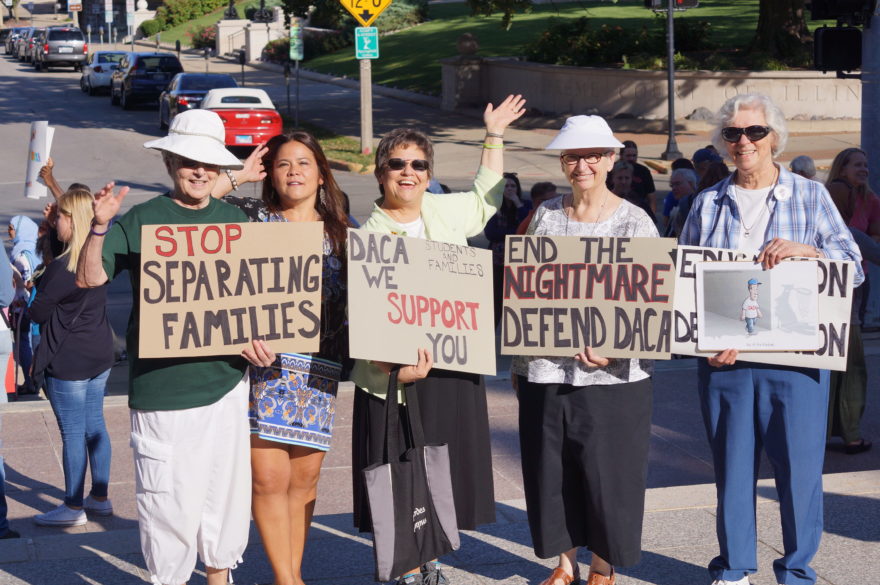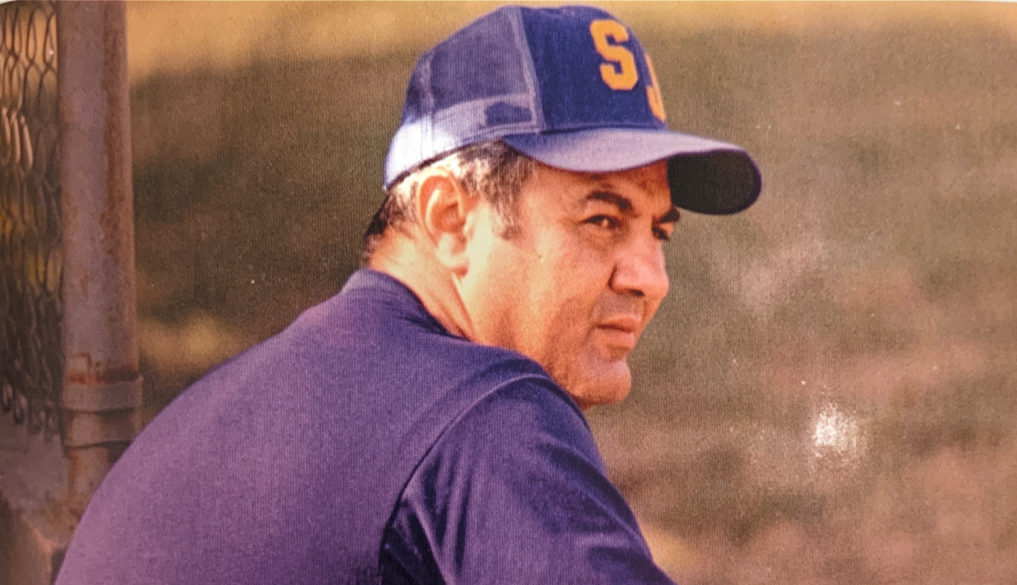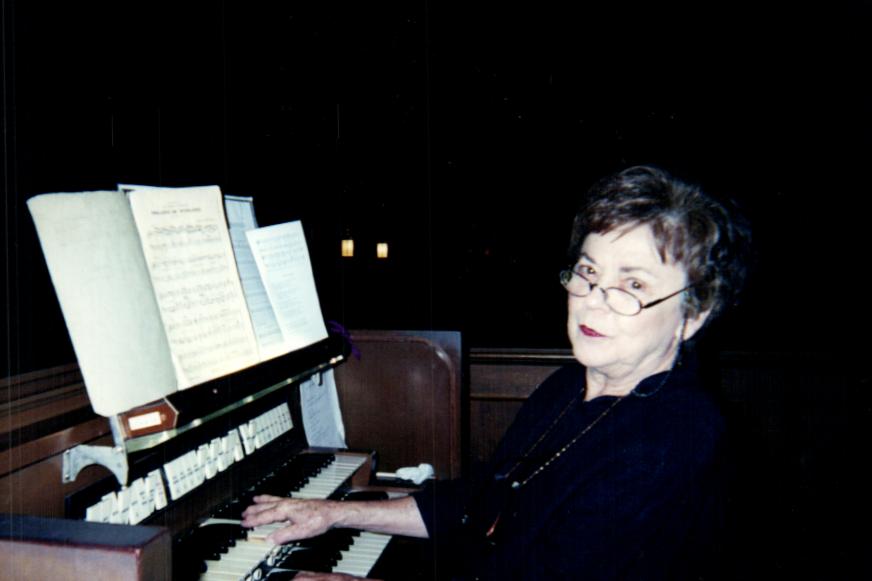I received an email from Father Augustine Foley recently. Father Augustine is a Benedictine monk who teaches philosophy to the seminarians at St. Joseph Seminary College in Covington, Louisiana. Everyone who attends St. Ben’s (nicknamed that thanks to the Benedictines who run the place) know that Father Augustine is the monk who takes photos: photos of birds, deer, monastic liturgies, football games between the seminarians, etc.
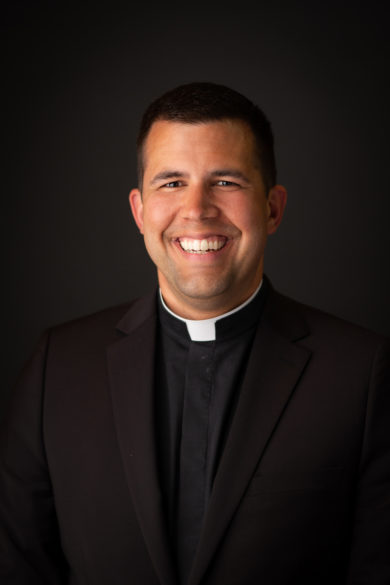
If something is happening on campus, Father Augustine is taking a photo of it. So, the email I received from Father Augustine was, of course, a photo. It was a picture of Grayson Foley (no relation to the photographer!), one of our newest seminarians, fishing the pond adjacent to the beautiful Abbey Church.
I was struck by the photo not just because it was a particularly beautiful shot of the Abbey grounds, but also because just eight years ago in August of 2012, I was Grayson. I was brand new at the seminary and struck by the beauty of the place. I loved the acreage that I could explore and the time I could spend speaking to the Lord by one of the ponds or running the trails through the woods. Grayson, and our five other seminarians, are all at different stages of their priestly formation, but all of them are getting the help that they need to make a diligent discernment, to confidently declare “yea or nay” on the question of diocesan priesthood.
It has been such a joy to see two new men have the courage to ask that question this year. I pray that their time in seminary is as joy-filled as mine was. If you look at the photo, you see a picture of peace. Peace comes to our heart when we finally stop trying to do everything on our own and we begin to allow the Lord to help us decide what we will do with our lives. Peace comes when we bring our sufferings and our joys and our fears and our triumphs to God and we see our life through the lens of the Lord. In short, peace comes when we put God first.
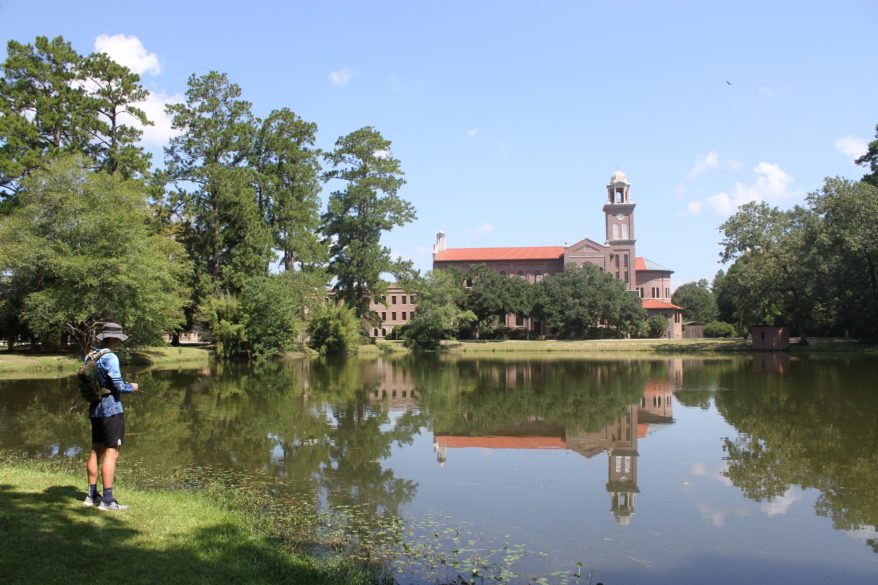
As I have stated in this space many times, there are men and women who are being called to discern religious life in our diocese right now, I hazard to say many more than those who are currently in discernment are being called. If you want to find peace, give your life over to the Lord, give Him the time and space to work with you, mold you, form you and love you. As challenging as priesthood has been over the past two plus years, I would not change a thing. I am doing what I was called to do, and there is a measure of peace and stillness in my heart despite any disturbances that arise at the surface.
I ask the reader to seek to answer this question: have I placed God at the forefront of my life, have I even asked the question in prayer, Lord, what do you want me to do with my life? If that question remains unanswered, come speak with me. That’s what I’m here to do, to help faithful Catholics find that peace that comes from listening to God’s call and following his will in your life.
Vocations Events
Friday, October 9, 2020 – First annual Homegrown Harvest Gala and Fundraiser (virtual)
For more information and sponsorship opportunities visit: https://one.bidpal.net/homegrownharvest2020/welcome


